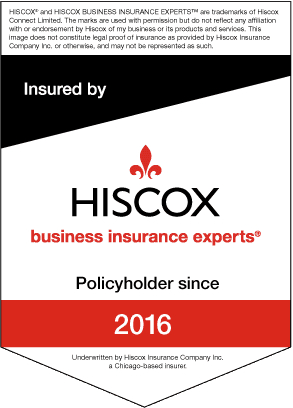Sooner or later everyone experiences a lack of client demand. Depending upon the severity of a particular slowdown, a single attorney, section or the entire firm may be impacted. Quickly working through the various stages of issue recognition and denial helps mitigate the potential loss of capacity and capability and the resultant losses of income.
A typical instinct, when experiencing a slowdown, is for the partners to adopt a scarcity mentality and keep themselves as busy as possible. This is generally accomplished by not delegating to associates and other timekeepers. This type of behavior results in several unintended consequences including loss of value to the client, loss of stature with clients as they see the partner handling assignments formerly delegated to associates, loss of focus on practice development and an ultimate loss of valuable team members.
As this mindset fully takes hold, permanent losses of capability and capacity result making a recovery that much more difficult. I agree that a work slowdown is a good time to part ways with marginal producers and to trim excess overhead. Smart firms and partners, however, act early so as to preserve the capability and capacity of their most valuable resources.
When dealing with a work slowdown, firms should work to ensure that their youngest and brightest lawyers remain as busy as possible ensuring that they stay fully engaged and progressing. Highly productive and successful attorneys are more able to attract new work from existing clients. Smart firms and partners avoid impacting those things that are working well to compensate for those that are not.
Alternatively, attorneys who remain underutilized for long periods of time tend to lose their edge, become unhappy and ultimately become bored. All of these attributes are business repellants. Talented lawyers who take responsibility for their careers and find themselves underemployed pursue other opportunities. They recognize that being underemployed for is bad for their development as a lawyer. Forward thinking attorneys will even leave for less money if they believe the opportunity for progress exists elsewhere.
Firm compensation systems often feed dysfunctional behaviors. Firms that have a good system for determining client net income and a partner group that understands the staffing flexibilities that exist within their practice are better able to calibrate a response to a work slowdown. Partners that are compensated based on the profits they produce will also feel the direct impact of unhealthy trends in their work and respond sooner.
I recommend firms and partners experiencing a slowdown focus on keeping their top team members busy starting from the bottom up. This will help ensure that the brunt of the slowdown is felt by those most able to make an impact on marketing, the quality of existing client relationships and the overall quality of the most marketable service offerings, all of which are essential elements of a recovery.
.webp?width=127&height=110&name=PerformLaw_Logo_Experts3%20(1).webp)

